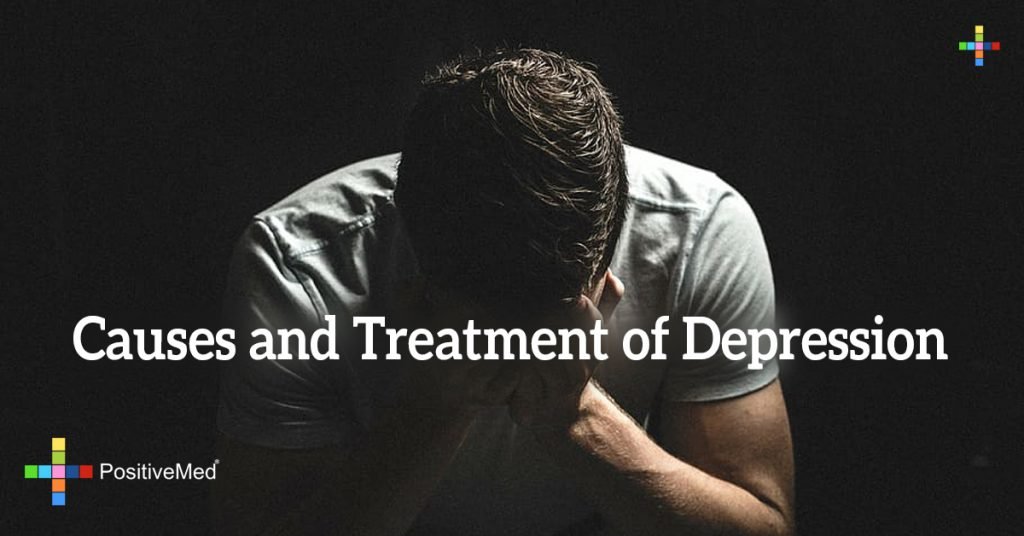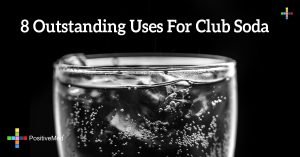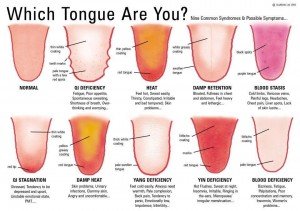
Causes and Treatment of Depression
There are several causes that contribute to onset of depressive disorder. This will review some of the causes and some commonly used treatments for depression.
• Biological causes– Chemical imbalances in hormones or neurotransmitters are involved in aspects of behavior like sleep, mood, energy, and eating patterns.
• Cognition– Those with negative thoughts, beliefs, cognition, and low self-esteem have higher risk of depression.
• Sex– Statistically women suffer depression more often than men for unknown reasons, hormonal imbalances and social inequality might be contributing factors.
• Co-morbid diseases– The presence of other conditions or diseases such as Parkinson’s, Alzheimer’s, diabetes, chronic pain, heart disease, cancer, VIH, and STDS can cause hormonal, neurochemical, and cognition pattern changes.
• Medication– Depression is a side effect of some medications.
• Genetic– You are more likely to suffer from depression if there is a clinical history in your close family.
• Situational– Accidents, divorce, separation, financial problems, the death of a relative or friend can contribute to depression.

Commonly used treatments:
Drugs and psychotherapy are effective for most people. Herbalism and practice of yoga, exercise, and proper nutrition can alleviate symptoms. In most cases, your doctor will prescribe medication to alleviate symptoms, usually its best treated integrally, combine medicine with counseling. Often there are issues or unresolved situations from the past that need to be resolved. Proper diet and meditation, exercise, yoga, and deep breathing will help relieve symptoms. Depression can cause suicidal ideations and behaviors, in these cases provide strict vigilance, hospitalization could be necessary.
• Antidepressants– New medications are developed all the time that treat symptoms more effectively with fewer side effects. Most of these have side effects like weight gain, diarrhea, increased anxiety, suicidal ideation, or sexual dysfunction. They regulate neurotransmitters like serotonin and GABA, making them more available by increasing reuptake of these substances in the brain.
• Psychotherapy– Cognitive behavioral, psychoanalytic, humanistic, and transpersonal approaches provide emotional support, improve consciousness, and identify conflicts, unresolved issues, and negative patterns of behavior. Therapy can be expensive but effective, it can help any person to develop psychological and emotional growth, without side effects.
• Inpatient treatment – In some cases its necessary to be under strict care for safety when someone is hurting themselves, others, or have strong suicidal tendencies. Psychiatric treatment will help maintain calm and relieve the crisis. These programs have interdisciplinary interventions with medications, counseling, dietary, and exercise support.
• Herbalism– Several herbs are clinically effective like St. Johns wort, Gingko Biloba, and Passiflora. They have fewer side effects and can be as effective as prescription drugs.
• Alternative Medicine– Homeopathy, acupuncture, Ayurveda, and Chinese have their own remedies for depression that show great improvement in quality of life.
• Prevention– Exercise, healthy relationships, yoga, meditation, spending quality time with others, proper nutrition, avoidance of toxins, and life planning may help prevent depression.
Causes and Treatment of Depression
By: Andres Carvajal
Edited By: Stephanie Dawson
Sources
You Can Beat Depression: A Guide To Recovery, John Preston, PsyD
Walter Glannon (2002). Depression as a Mind-Body Problem. Philosophy, Psychiatry, and Psychology 9 (3):243-254.





